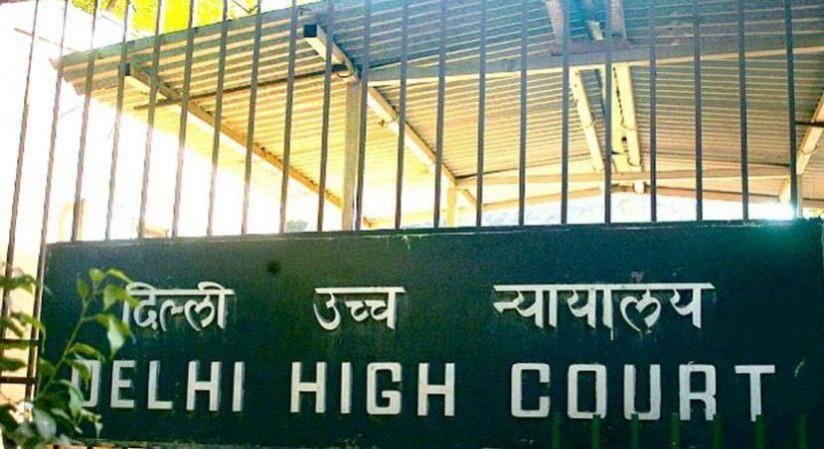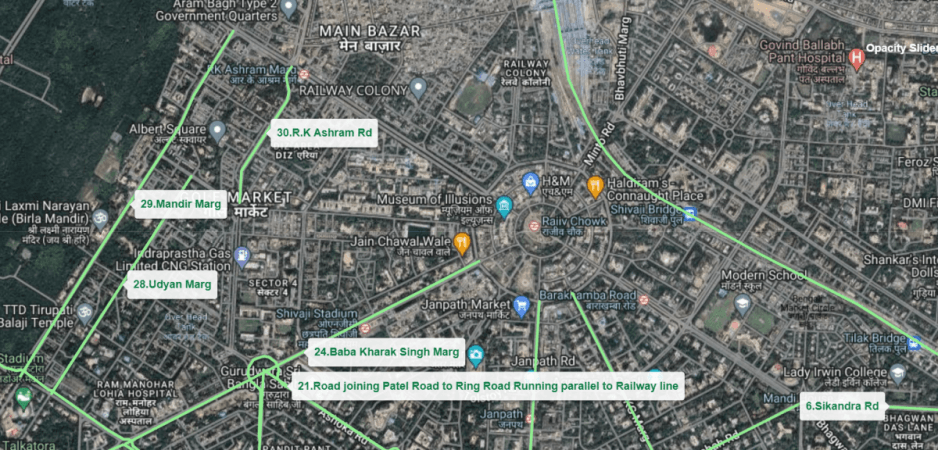
With the temperatures soaring in Delhi, the High Court took judicial notice of the highest ever temperature recorded at 52.3 degrees Celsius in a matter before it on 1st June 2024.
The Delhi High Court stated that "it is not far to see the day when this City may be only a barren dessert, in case the present generation continues an apathetic view on the deforestation".
The foretelling observation was made in the case Neeraj Sharma v. Union of India & Ors. and other connected matters.
The case:
The current case deals with a set of pleas relating to the protection and management of 'deemed forests' in the national capital. Previously, the Delhi High Court (2023-24) emphasised on the need for deemed and protected forest areas to be protected. A committee was to be established to "ensure concrete steps are taken for protection, preservation, reclamation, and enhancement of forests." Further, the court also ordered that surveys be undertaken to assess the status of deemed forests in the capital.
Former Delhi HC judge Justice Najmi Waziri was appointed in April as the Chairperson of the Internal Departmental Committee in this regard. However, due to various administrative and infrastructure related constraints, the functions and objectives of the Committee could not be carried out.
Considering this, the Court stated that it "cannot countenance a situation where the Chairperson is unable to discharge the responsibilities on account of lack of an Office Space or a Secretarial and Support Staff or even Transportation." While setting the next hearing in July, the HC expressed its expectation that all such matters would be sorted out for the effective discharge of the Committee's responsibilities "in all earnest, keeping in view the worsening situation of climatic conditions in Delhi."

What are Deemed Forests?
The definition of what constitutes a 'deemed forest' has been a long-debated subject. The landmark T.N. Godavarman Thirumulpad judgment attempted to settle the issue. The Hon'ble Supreme Court took a liberal and expanded view of forest lands for protection. 'Deemed forests' are lands that have characteristics of forests but are not officially classified in government or revenue records. States were therefore to constitute expert committees to identify such 'deemed forests' within their areas.
According to the Delhi Government's E-Vanlekh website "areas above 2.5 acres having density of 100 trees per acre as well as stretches of land along roads, drains etc. having length of 1 km besides areas already shown as forests etc. in Revenue Land Records shall be considered as deemed forest." These forests are essential for maintaining the ecological balance, especially within dense urban areas and therefore their preservation is key.
Another step towards increasing climate litigation
This case is likely to contribute to the expanding field of climate litigation in India. With the 'right to be free from the adverse effects of climate change' now recognised as part of Articles 14 and 21 of the Indian Constitution, citizens are looking to the Courts more frequently for answers to address climate concerns, provide solutions and settle matters on related administrative failures.

















